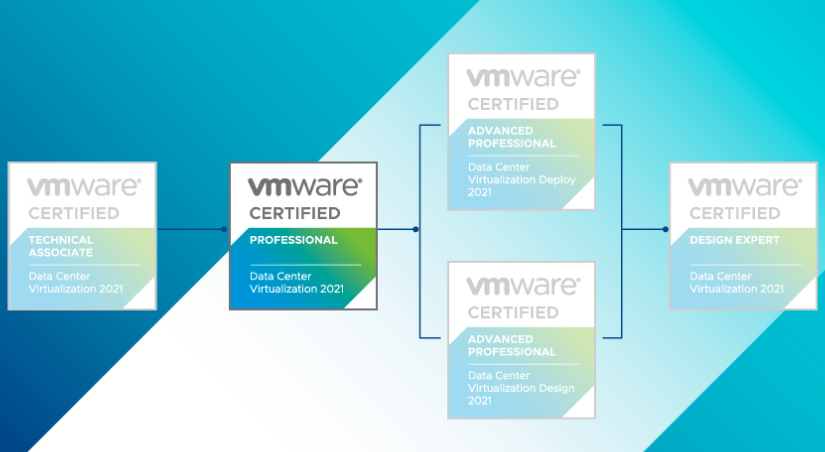The Must-Have Certifications for Systems Administrators
Systems administrators are responsible for the day-to-day operation of computer systems, including servers, networks, and storage devices. They install, configure, and maintain these systems, and troubleshoot problems when they occur.
In order to be successful in this role, systems administrators need to have a strong understanding of networking, operating systems, and security. They also need to be able to work independently and as part of a team.
Here are some of the most popular and respected certifications for systems administrators:
- Red Hat Certified System Administrator (RHCSA): This is the entry-level certification for Red Hat Enterprise Linux system administrators. It validates the skills and knowledge needed to install, configure, and maintain Red Hat Enterprise Linux systems.
- CompTIA Server+: This is a vendor-neutral certification for IT professionals who are responsible for the installation, configuration, and maintenance of servers. It covers a wide range of topics, including operating systems, networking, security, and storage.
- Microsoft Certified Azure Administrator Associate: This certification is for IT professionals who want to demonstrate their skills in managing and maintaining Microsoft Azure cloud services. It covers topics such as virtual machines, networking, storage, and security.
- VMware Certified Professional – Data Center Virtualization (VCP-DCV): This certification is for IT professionals who want to demonstrate their skills in designing, deploying, and managing VMware vSphere virtualized environments.
- Cisco Certified Network Associate (CCNA): This is the entry-level certification for Cisco networking professionals. It validates the skills and knowledge needed to install, configure, and troubleshoot Cisco networking equipment.
In addition to these certifications, there are many other certifications available for systems administrators. The best certification for you will depend on your experience level, your goals, and the specific technologies that you want to work with.
Here are some additional tips for systems administrators who are looking to get certified:
- Start by researching the different certifications that are available. There are many different certifications available, so it’s important to do your research and choose the ones that are right for you.
- Choose certifications that are relevant to your career goals and experience level. If you’re just starting out, you may want to start with a lower-level certification. As you gain experience, you can move on to more advanced certifications.
- Create a study plan and stick to it. Getting certified takes time and effort. Create a study plan and stick to it so that you can be successful.
- Take practice exams to assess your knowledge and identify areas where you need more study. There are many practice exams available online. Taking these exams can help you assess your knowledge and identify areas where you need more study.
- Get certified! Once you’ve completed your studies, take the certification exam and get certified!
Earning certifications can be a great way to advance your career as a systems administrator. By taking the time to get certified, you can demonstrate your skills and knowledge to potential employers and set yourself up for success in this field.
Here are some other benefits of getting certified:
- Higher salaries: Certified systems administrators typically earn higher salaries than non-certified systems administrators.
- Increased job opportunities: Certifications can help you qualify for more job opportunities, both in your current company and in other companies.
- Improved job security: Certifications can help you stay ahead of the competition and make you more valuable to your employer.
- Increased knowledge and skills: Certifications can help you learn new skills and knowledge, which can make you a more valuable asset to your company.
If you’re a systems administrator, I encourage you to consider getting certified. It’s a great way to advance your career and improve your skills and knowledge.
